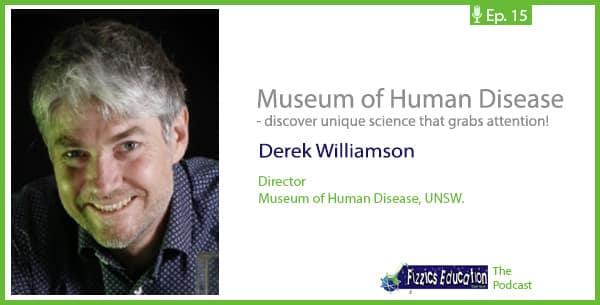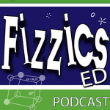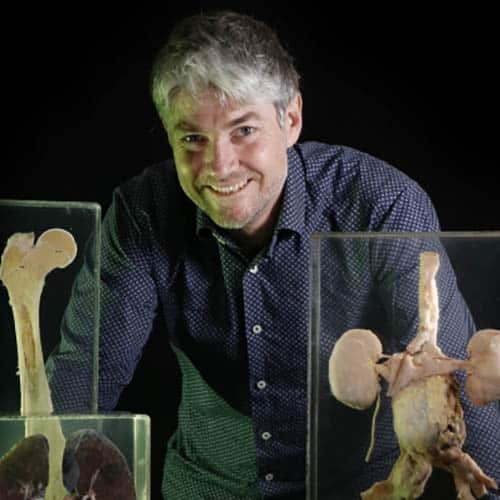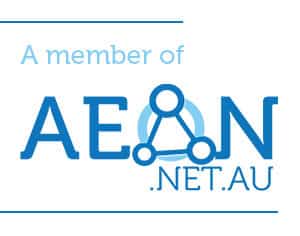About

Hidden in the heart of UNSW is the Museum of Human Disease, a fascinating site filled with over 3000 unique specimens for students study and for the public to check out. Recently named one of the city’s treasures by the Sydney Morning Herald, the museum is part of the school of medical sciences and provides information to the public about health, disease, human anatomy and biology. Visitors will see and learn about various infectious, genetic and lifestyle-related diseases. The Director for the Museum, Derek Williamson, takes us behind the scenes to learn more about how the museum is now educating people globally.
About Derek Williamson
Derek is the director of the Museum of Human Disease, Australia’s only publicly accessible medical pathology museum. He works closely with staff and UNSW to improve the quality of the museum’s outreach capabilities and to increase its visibility in the public eye. A former high school teacher, Derek has strong memories of visiting the Western Australian Museum where he fell in love with collections and the stories that only objects can harbour. And ever since I have been trying to tell real stories to touch people’s lives. Derek believes that Museums should, can and do change lives through provocation and revelation.
Top 3 Learnings
- Unusual objects raise questions and promote interest! This museum clearly has interesting objects for people to view and as such their lessons grab students attention. Can you emulate this? What objects can you use in your own teaching that will promote interest in STEM? You don’t have to break the bank here, it’s just a matter of finding objects that will begin conversations.
- Experiment with technology! The Museums of Human Disease not only does traditional face to face lessons … they’re heavily involved in video conferencing, augmented reality and VR plus the creation of an online resource ‘SLICE’ as an image repository of x-rays, microscopy & more for use by other Universities has been outstanding. Check out http://best.org/ (biomedical education skills and training network) for more details.
- Use a hook to grab kid’s attention, in this case ZOMBIES! Got to love how a parent described how her 10-year-old child went to a holiday program about zombies and then spent most of the time reading about human pathology and infectious disease. Yes, zombies are a hook… but if it works why not use it?
Further contact details & resources
About the FizzicsEd Podcast
With interviews with leading science educators and STEM thought leaders, this science education podcast is about highlighting different ways of teaching kids within and beyond the classroom. It’s not just about educational practice & pedagogy, it’s about inspiring new ideas & challenging conventions of how students can learn about their world!































Comments